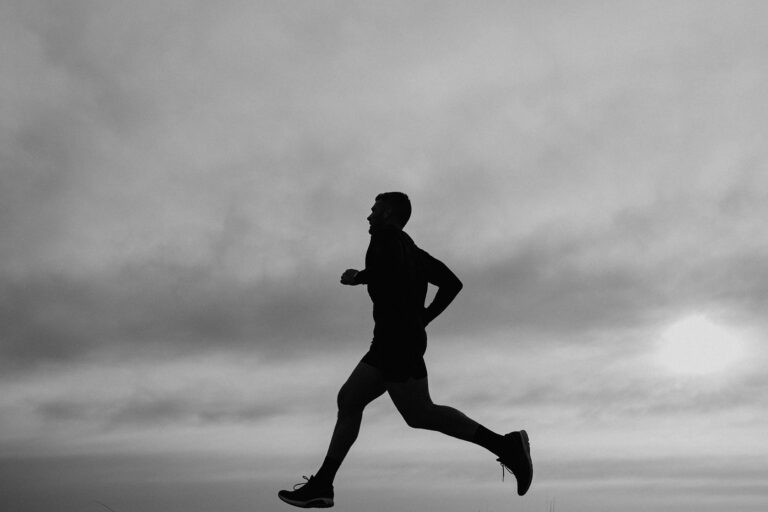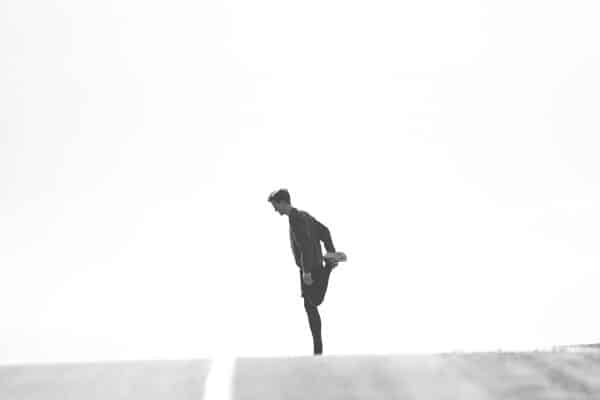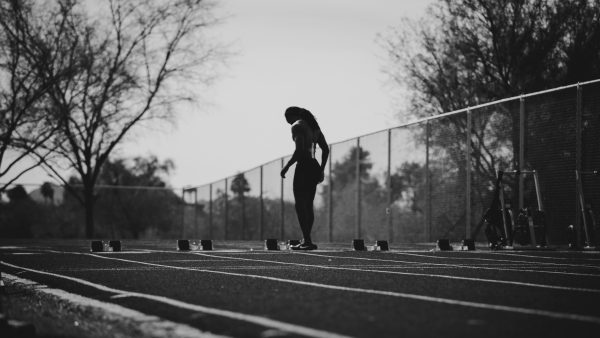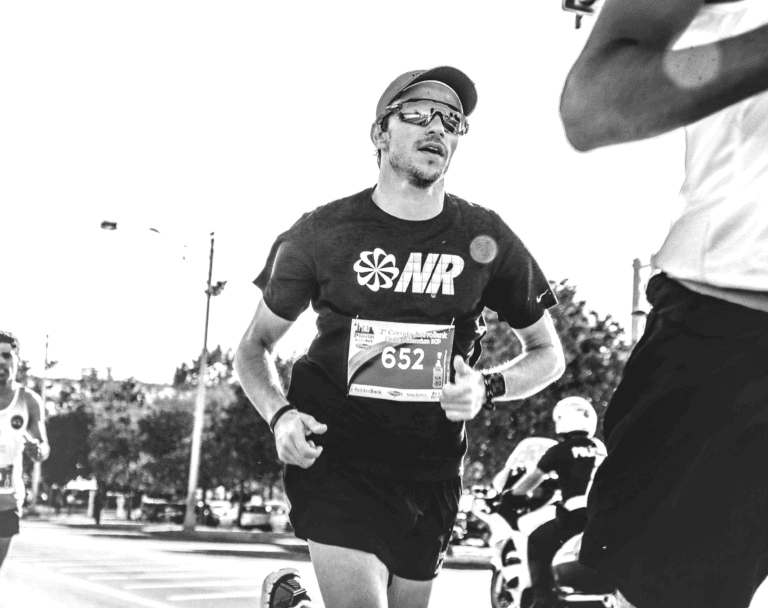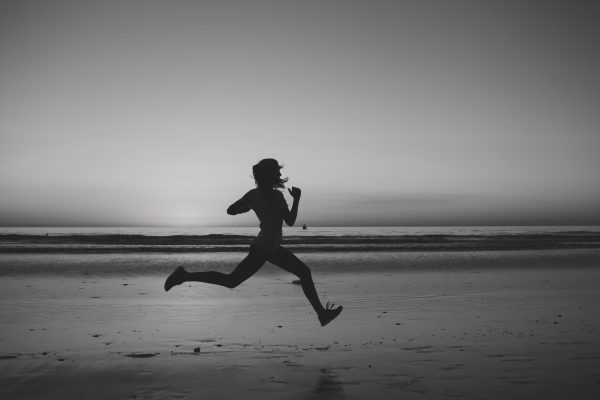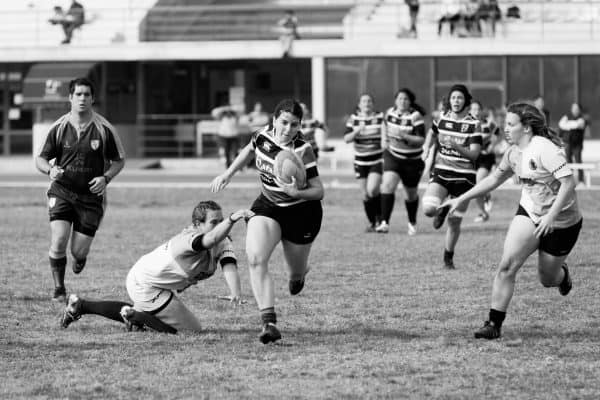The benefits to your health that you get from running are widely acknowledged, but as all runners know, this also comes with some aches, pains, and a slight increase in the risk of running-related injury (RRI). In fact, the recreational runner is at risk of sustaining 1-2 RRIs per year, according to a study performed in 2015. For anyone who is training for an event like the Perth City to Surf, this can be a problem as it can hamper your preparation, training and enjoyment of the event!
What factors put you at injury risk and what can you do about it?
Incorrect training load: The most common error that I see made by recreational (and professional) athletes is changing their load too quickly. Whilst our bones, muscles, joints and tendons are excellent at adapting to increasing running distances, if we increase these distances too much, too fast or too often, we will get excessive tissue breakdown which leads to injury. As an example, if you have been running roughly 20km per week, then you try to do a 50km week, you are leaving yourself susceptible to injury.
What to do about it:
Follow these basic rules to ensure that your body has time to adapt, strengthen and be able to carry you over the ground for each and every run…
• Never increase your overall weekly running distance by more than 15% on the previous week
• Only ever increase your longest run by 10% at a time
• If you have more than ten days off running, build back into it slowly
Recovery time
After a heavy running session, our body has usually had some very minor tissue breakdown (don’t worry, this is normal)!! It then repairs this micro-damaged tissue to be a tiny bit stronger than it was previously, which allows us to go a little further or faster next time. If we run again too quickly after a big run, we don’t allow the body enough time to recover and the micro-damage can compound and cause an overuse injury.
What to do:
As a basic rule, try to allow about 72 hours between your big, hard runs. Short runs, cross-training, stretching or strengthening are all great alternatives during this recovery period
Shoes
Despite the enormous amount of research into footwear, we still don’t have much evidence that certain shoes help reduce the rate of RRIs. Given the myriad of options available to anyone looking for a pair of shoes and the clever marketing campaigns around the different footwear, this makes getting the right shoe for you a tricky task. I would suggest finding a shoe that is comfortable, supportive and suited to your foot-type. Chat with a physiotherapist or a podiatrist for more specific information. And just to make things even more challenging, our body likes constancy of load, so if you were to get sick for a couple of weeks and reduce your normal volume as a result then try to go back to normal running too quickly, you are also at risk of RRI. It is also really important that you gradually wear your shoes in. Don’t pull them out of the box for the first time on race day!
Surface
The surface on which you run will likely have an effect on different people. If you have sore feet, ankles, knees, hips or low back, then reducing the number of kilometres covered each week on concrete or asphalt can help. A lot of the time, this is as simple as running next to the path rather than on it. Importantly, you need to get your body used to running on the surface that you will be on for race day.
What to do about it:
Try running 30-50% of your weekly kilometres on your race day surface, and the rest on a softer surface like grass, gravel or athletic tracks.
What else?
If addressing your training loads, recovery time, shoes and running surface doesn’t seem to help any persistent aches and pains, then consider the following:
• Biomechanical running assessment
• Preventative strengthening and activation of specific muscles
• Stretching
• Foam rolling and trigger point release
• Hydration / nutrition
So don’t be scared off by the possibility of some soreness, the benefits of running far outweigh the risks. Remember, it’s better to wear out than rust out!
Good luck with the training over the next few weeks, and especially to all those involved in the Perth Run Collective!
Dave


